
Hashimoto disease is an autoimmune disorder that affects the thyroid gland. This disease is also known under the names Hashimoto's thyroiditis and chronic lymphocytic thyroiditis. In the course of this disease, as it progresses, thyroid gland is gradually destroyed and damage causes many unpleasant symptoms that usually resemble those of hypothyroidism or hyperthyroidism. Hashimoto’s disease involves progressive destruction of follicles in the thyroid gland. This happens when antibodies start to attack body’s own tissues and cells, mistaking them for a foreign invader. Normally, these antibodies protect the body against viruses and other undesired intrusions. When a person has Hashimoto’s disease, the body starts to create antibodies, which damage the thyroid gland, small gland at the base of the neck that regulates many very important bodily functions.
Signs and symptoms of Hashimoto’s disease
In many cases, Hashimoto’s disease presents itself as a silent illness. It has no definite symptoms and, for many patients, it develops unnoticed for years. Only when the disease progresses to the level at which the thyroid gland is severely damaged, signs and symptoms of an underactive thyroid gland may begin to appear. The inflammation, resulting from the attack of the immune system also leads to the enlargement of the thyroid gland. Sometimes, even if the symptoms begin to show up, a person may believe these are just the signs of aging. For many patients, this disease manifests in weight gain, depression, mania, hypersensitivity to heat and cold, tachycardia, elevated levels of cholesterol, constipation, weakness of the muscles, migraines and headaches, cramps, memory loss and mental problems.
Causes of Hashimoto’s disease
As already mentioned, Hashimoto’s disease is an autoimmune disorder. Simply put, Hashimoto’s disease occurs when the immune system starts to attack the body’s tissues and organs. There is no definite cause for any of the autoimmune disorders. Scientists believe that many different factors work in synergy to provoke a disease such as Hashimoto’s. For this disorder, genetic component plays an important role. A family history is very common and possibly associated with CTLA-4 genes, which act as an inhibitor to T-Cell activator. Environmental factors involved in development of this disease are high iodine intake, selenium deficiency, tobacco smoke, infectious disease and particular drugs.
Treatment for Hashimoto’s disease
Hashimoto’s disease is managed with thyroid replacement therapy. The goal of the therapy is to keep the levels of thyroid hormone at their optimum. Typically, this is a lifelong treatment, and patients will need to take hormones in the form of tablet once a day until the rest of their lives.






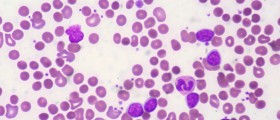

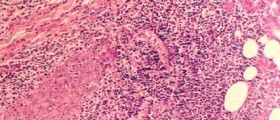


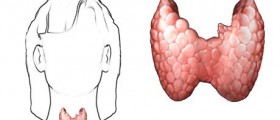



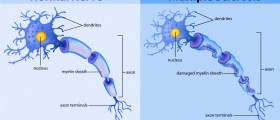
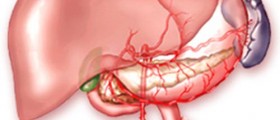
Your thoughts on this
Loading...